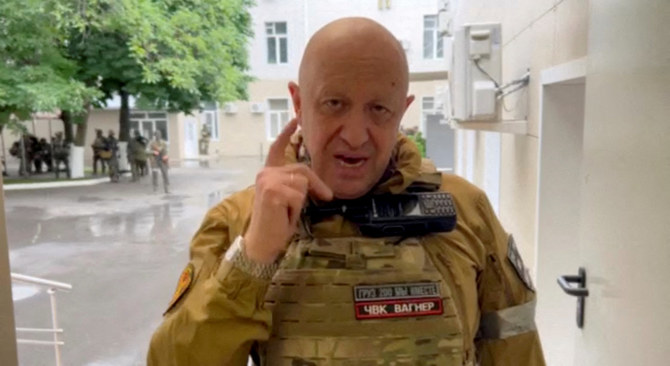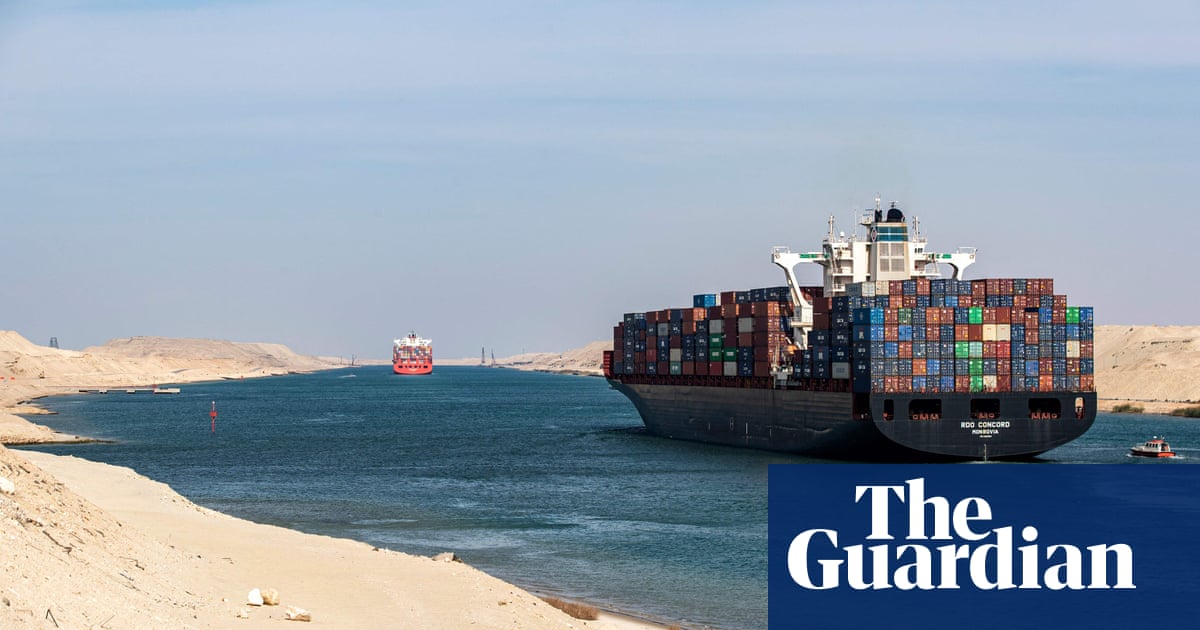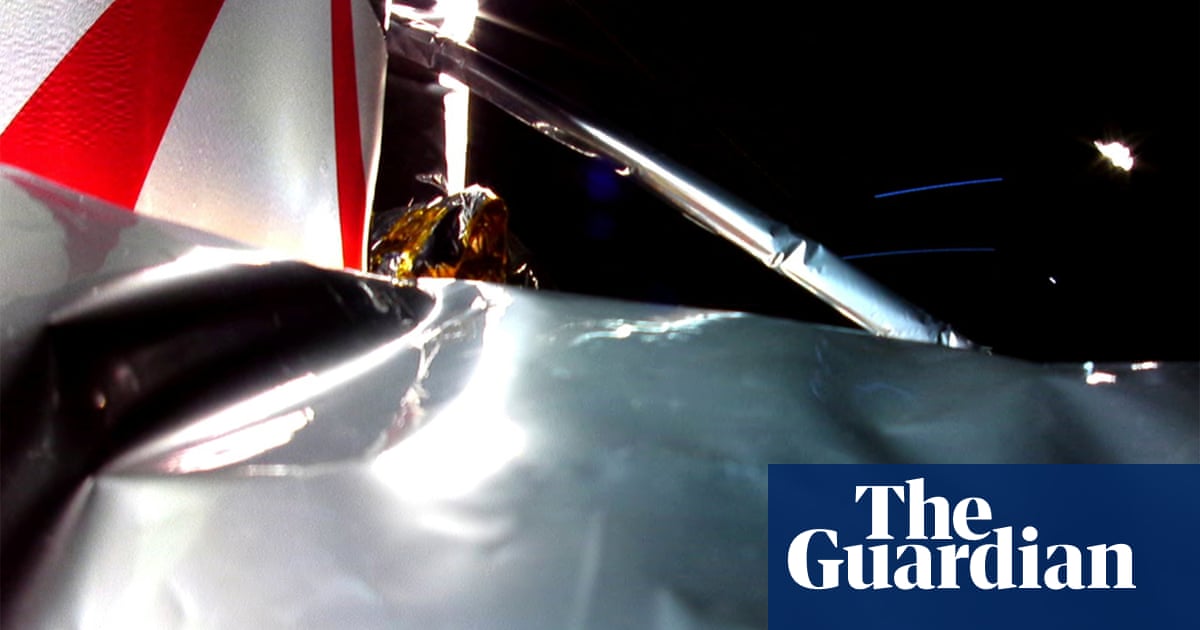
It was on Friday evening, just before going to sleep as usual, that I began to check on the ongoing developments in Russia through Twitter. Concerns had already begun to emerge about Yevgeny Prigozhin, the leader of the Wagner Group, and his supposed plan to capture Rostov-on-Don and, via Voronezh, Moscow, but I went to sleep thinking that he had (once again) generated a lot of publicity and that things would be sorted out as normal.
Nonetheless, in the morning, I was very uncomfortable listening to President Vladimir Putin’s speech, in which he promised that he would not allow Russia to descend into civil war and drew parallels with the events of 1917, when the country was fighting in the First World War. For my generation, which did not experience the events of 1917 or 1991 (we were too young to remember the latter), Saturday became like watching a new movie on Netflix, but with real consequences. These were not scenes from “Game of Thrones,” but events in a country with nuclear weapons; if things went badly, it could harm people not just in Russia but worldwide.
What happened on Saturday was, though dramatic, hardly without precedent. Even Niccolo Machiavelli’s political masterpiece “The Prince” predicted that such events could unfold and that was written back in 1513. In Chapter XII, he wrote: “The arms with which a prince defends his state are either his own, or they are mercenaries, auxiliaries or mixed. Mercenaries and auxiliaries are useless and dangerous, and if one holds his state based on these arms, he will stand neither firm nor safe.”
In the simplest interpretation of the 21st-century Russian context, the danger of having parallel military forces lies in the necessity of permitting an alternative power to operate internally, which can — if unchecked, or unsatisfied, as Prigozhin has long signaled is the case with Wagner — create the conditions for a challenge to the established regime. However, what Machiavelli could not have predicted, or even conceived, was the idea of such a potential coup arising within the context of a country that possesses more than 20,000 nuclear warheads.
Nuclear power and internal chaos are a recipe for disaster, or at least global concern. For the Western powers and observers who have long voiced their desire for regime change in Russia, it is a strong case of “be careful what you wish for.” Amid the huge uncertainty of Saturday’s events, whatever anyone’s views on Putin’s rule, questions about how nuclear weapons might be used — internally and externally — would only increase if they fell into the hands of an unknown quantity.
This rebellion will clearly have an effect on Russia’s strategic priority — the Ukraine war. Most analyses predict that it will undermine Russia’s position on the Ukrainian front. For example, Brian Whitmore, a nonresident senior fellow at the Atlantic Council’s Eurasia Center, concluded that this “crisis will further undermine Russia’s warfighting capabilities in Ukraine just as Kyiv is ramping up its counteroffensive. The Russian elite is not behaving like it expects to win this war.”
Furthermore, Jacob Mezey, of the Atlantic Council’s Scowcroft Center for Strategy and Security, stated: “On the immediate frontline, many obstacles facing Ukrainian forces, such as land mines, fortifications and the Russian troops defending them, will likely remain unchanged. However, Wagner’s disruption of Russia’s military command and logistics network may increase the possibility of a Ukrainian breakthrough on the battlefield.”
The Wagner Group has been a strong part of Russia’s military operations in Ukraine, but not without its troubles.
Dr. Diana Galeeva
These arguments sound reasonable, especially regarding the crisis in military structures. At the same time, the crisis also illustrates the leadership competition in military circles, between the Russian army’s Chief of the General Staff Gen. Valery Gerasimov and Defense Minister Sergei Shoigu on the one hand and Prigozhin on the other. Perhaps this coup attempt was the culmination of this “duality.”
So, where does it leave Russia’s strategy in Ukraine and what are the lines of authority? In the immediate term, it remains to be seen what will happen with the Wagner Group; whether it will continue to function or if it will be dissolved. The group has been a strong part of Russia’s military operations in Ukraine, but not without its troubles since the mission began. It now seems to be over the verge of becoming a serious liability and a drain on resources.
There are also wider questions about the impact on areas where Russian influence has been gained in part by actions carried out by the Wagner Group. For example, in Mali, the Central African Republic, Libya and Sudan, where Wagner has established its troops, it has also negotiated profitable deals in goods ranging from gold to coffee to diamonds. Will events in Ukraine affect the future models of collaboration in these areas, potentially weakening Russia’s position?
There is also the impact on Russia’s international status to consider. Saturday’s events have perhaps not yet damaged its national standing directly, but they have certainly highlighted some vulnerabilities. Much will depend on whether it is possible to successfully portray the events as an “internal issue” that can be dealt with. Notably, some staunch allies have already made this point, with Kazakhstan and Iran agreeing that the weekend’s developments were an internal issue. Tehran also expressed confidence “that Russia would get through this stage.”
In contrast, Turkish leader Recep Tayyip Erdogan urged Putin to act with “common sense” and offered to mediate to resolve the situation in Russia. This also complicates matters — it potentially strengthens Russia’s international position as a partner to be worked with, yet forces the Kremlin to admit its sudden vulnerabilities. Again, the issue of nuclear weapons raises the stakes and makes this crisis one of international importance.
Finally, over the period of the Wagner coup, there was speculation about whether some countries in the Middle East and North Africa region, which have shown support for Putin and made deals with him, may have miscalculated. This concerns not solely Putin’s government, but also Russia more broadly. With its energy, military and defense capacities, Russia’s existing influence is based largely on hard power sources and it has been a strategic partner for many countries, especially those that share the same capabilities. Does Russia now lose its standing in these relationships? And does Putin’s handling of the crisis provide an insight into the internal power systems?
One important consideration is that the coup was resolved with limited bloodshed, while the deal that ended the crisis is being hailed as a “common sense” solution, at least by the Kremlin. Reading the opaque internal Russian system remains difficult, however. What does common sense mean in this context? This answer perhaps eludes the insights of Machiavelli’s writings, but may rather follow the words of 19th-century poet Fyodor Tyutchev, who insisted: “You cannot grasp Russia with your mind. Or judge her by any common measure. Russia is one of a special kind — you can only believe in her.”
• Dr. Diana Galeeva is a former academic visitor to St. Antony’s College, Oxford University (2019-2022).
Twitter: @Dr_GaleevaDiana












